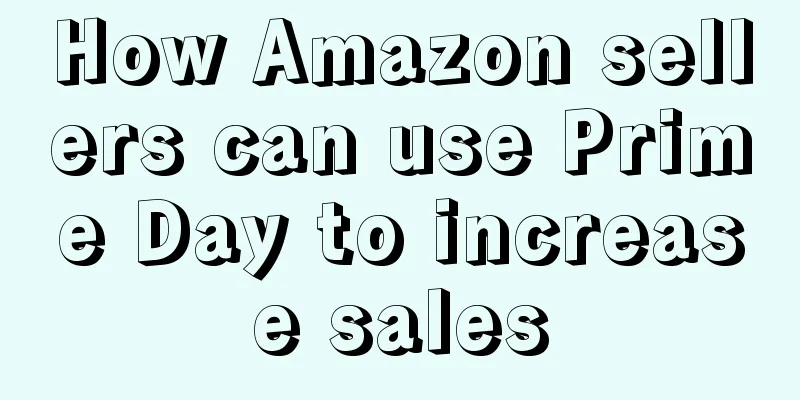Hurry up and make money in 2024, it may be more difficult for Amazon to make money next year!

|
Recently, Amazon has once again made sellers "worry". Since mid-December, some warehouses have stopped accepting goods, and the entry of goods into the warehouse has encountered many obstacles. What is even more worrying is that the policy direction during the US election has also begun to "blow cold winds", which may bring a considerable impact on cross-border sellers. Amazon warehouse rejection wave: logistics is further congested
In other words, during this period, whether it is warehousing, putting on shelves, transferring warehouses, or distribution, there may be delays to varying degrees. What’s worse is that a large number of warehouses are directly refusing to accept goods due to overstocking, including but not limited to: If your goods are being prepared to be shipped to these warehouses, please adjust your plans immediately! suggestion: Shipments in transit: try to complete scheduled delivery before December 15th. New shipments: Avoid building warehouses at these "high-risk warehouse explosion points" and choose other warehouses for forwarding. Overseas warehousing: If the goods have arrived at the overseas warehouse, quickly change the labels and distribute them to ensure that they are not out of stock during the peak sales period. In addition, sellers need to pay close attention to the dynamics of the Amazon system so that they can adjust their delivery plans at any time to avoid affecting inventory turnover and sales rhythm.
The core content points to: BRICS countries must not advance their currency “de-dollarization” plans or face the threat of 100% tariffs. If the plan goes ahead, the BRICS countries may lose the opportunity to export goods to the United States altogether. Although this series of remarks is more like a political negotiation strategy, it cannot be ignored by cross-border sellers. What do rising tariffs mean? Commodity prices are forced to rise, and American consumers’ willingness to buy declines; Sales have been hit and the risk of inventory overstocking has increased; External economic pressure will be transmitted to platform operations, and advertising costs may rise further. Future prediction: Trump's policy inclinations may put pressure on major export markets, especially price-sensitive products (such as clothing, furniture, toys, etc.) If the tariff policy is really implemented, the cost of goods may increase significantly, which will undoubtedly be a "blow to the head" for sellers who rely on low-price competition. How to plan ahead and turn challenges into opportunities?Today's Share Amazon Seller Operation Weekly Workflow SOP |
<<: Amazon Black Friday "crash" alarm sounded! Problems frequently!
Recommend
Responding to Verna: Patriots are never alone
First of all, I want to make it clear that no mat...
What is SocialRank? SocialRank Review
SocialRank is a tool for finding and analyzing Twi...
What is the online literature navigator? Online literature navigator review
Online Literature Navigator is the first one -stop...
What is Haitang Cross-border? Haitang Cross-border Review
Haitang Cross-border (Xiamen Lili Technology Co., ...
Peak season is coming, more than half of American consumers choose to shop early! These six retailers are the most popular!
It is learned that according to a survey by JLL, d...
Singapore e-commerce trend report: Live streaming discussion popularity increased by 1890%
According to a joint study by media intelligence c...
Sellers beware! Don't put this label on your product or your goods will be confiscated and you will be fined?
This morning, in the seller communication group, m...
Amazon sellers need to learn how to protect themselves from employees or competitors
Not long ago, the Xi'an Public Security Bureau...
What is German VAT? German VAT Review
German VAT is the abbreviation of Value Added Tax,...
What is Lulus? Lulus Review
Lulus is an American online women's clothing b...
What is Payoneer? Payoneer Review
Payoneer (P card) is an institution authorized by ...
Master the six successful techniques for Amazon distribution!
Amazon, as one of the world's largest e-commer...
【New function】Product name labeling
You may have noticed that the product name has cha...
What is Loyolight? Loyolight Review
Loyolight is located in the UK, the world's la...
Nearly 35,000 battery chargers sold on Amazon and other platforms have been recalled! There is a risk of serious casualties
It is learned that the U.S. Consumer Product Safet...









